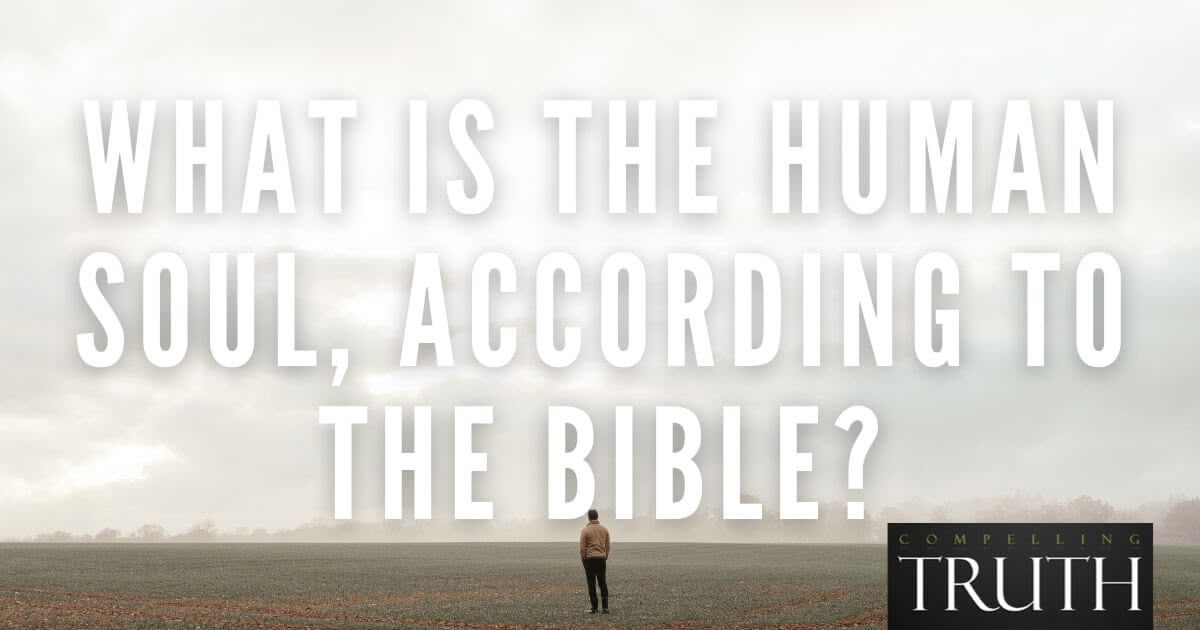Linguistically, anthropological hylomorphism combines the words hylos (matter), morphos (form), and anthropos (man). It is a way of looking at the relationship between the body and soul. Particularly, those who ascribe to anthropological hylomorphism say that form (soul or spirit) and matter (the body) are always tied together and dependent upon one another.
Think of a brick, for instance. The brick is made from clay. The clay is the matter (unformed entity), the hardness and shape is the form. The brick then is the resulting substance (the entity). The brick cannot exist without the clay and the form. In the same way, humans are the combination of the body (matter), and soul (form), to form the human (substance), according to anthropological hylomorphism.
Those who study Aristotle and Thomas Aquinas understand they both taught a form of anthropological hylomorphism. Aristotle, a disciple of Plato, said that no matter can exist without form and that form must constitute matter. Applying this to people, he said that the body must have a soul, and the soul must have a body, therefore there is no such thing as an afterlife.
Aquinas, a Dominican priest, also taught anthropological hylomorphism, but did not adhere to an unbendable belief in the complete reliance the soul and body had on each other. Aquinas believed Scripture and Scripture indicates some separation between the two. "And do not fear those who kill the body but cannot kill the soul. Rather fear him who can destroy both soul and body in hell" (Matthew 10:28). Also, study 1 Corinthians 15:40: "There are heavenly bodies and earthly bodies, but the glory of the heavenly is of one kind, and the glory of the earthly is of another."
Aquinas said the soul could exist without a body, but is incomplete until re-embodied. He taught that God will resurrect the body to join the continually-existing soul because having both together is essential to human-ness.
Christian theologians today address this discussion with a debate of trichotomy vs. dichotomy, whether humans are made up of three parts (body, soul, and spirit) or two (body and soul/spirit). Both views, however, do teach some separation between soul and body.
Think of a brick, for instance. The brick is made from clay. The clay is the matter (unformed entity), the hardness and shape is the form. The brick then is the resulting substance (the entity). The brick cannot exist without the clay and the form. In the same way, humans are the combination of the body (matter), and soul (form), to form the human (substance), according to anthropological hylomorphism.
Those who study Aristotle and Thomas Aquinas understand they both taught a form of anthropological hylomorphism. Aristotle, a disciple of Plato, said that no matter can exist without form and that form must constitute matter. Applying this to people, he said that the body must have a soul, and the soul must have a body, therefore there is no such thing as an afterlife.
Aquinas, a Dominican priest, also taught anthropological hylomorphism, but did not adhere to an unbendable belief in the complete reliance the soul and body had on each other. Aquinas believed Scripture and Scripture indicates some separation between the two. "And do not fear those who kill the body but cannot kill the soul. Rather fear him who can destroy both soul and body in hell" (Matthew 10:28). Also, study 1 Corinthians 15:40: "There are heavenly bodies and earthly bodies, but the glory of the heavenly is of one kind, and the glory of the earthly is of another."
Aquinas said the soul could exist without a body, but is incomplete until re-embodied. He taught that God will resurrect the body to join the continually-existing soul because having both together is essential to human-ness.
Christian theologians today address this discussion with a debate of trichotomy vs. dichotomy, whether humans are made up of three parts (body, soul, and spirit) or two (body and soul/spirit). Both views, however, do teach some separation between soul and body.



